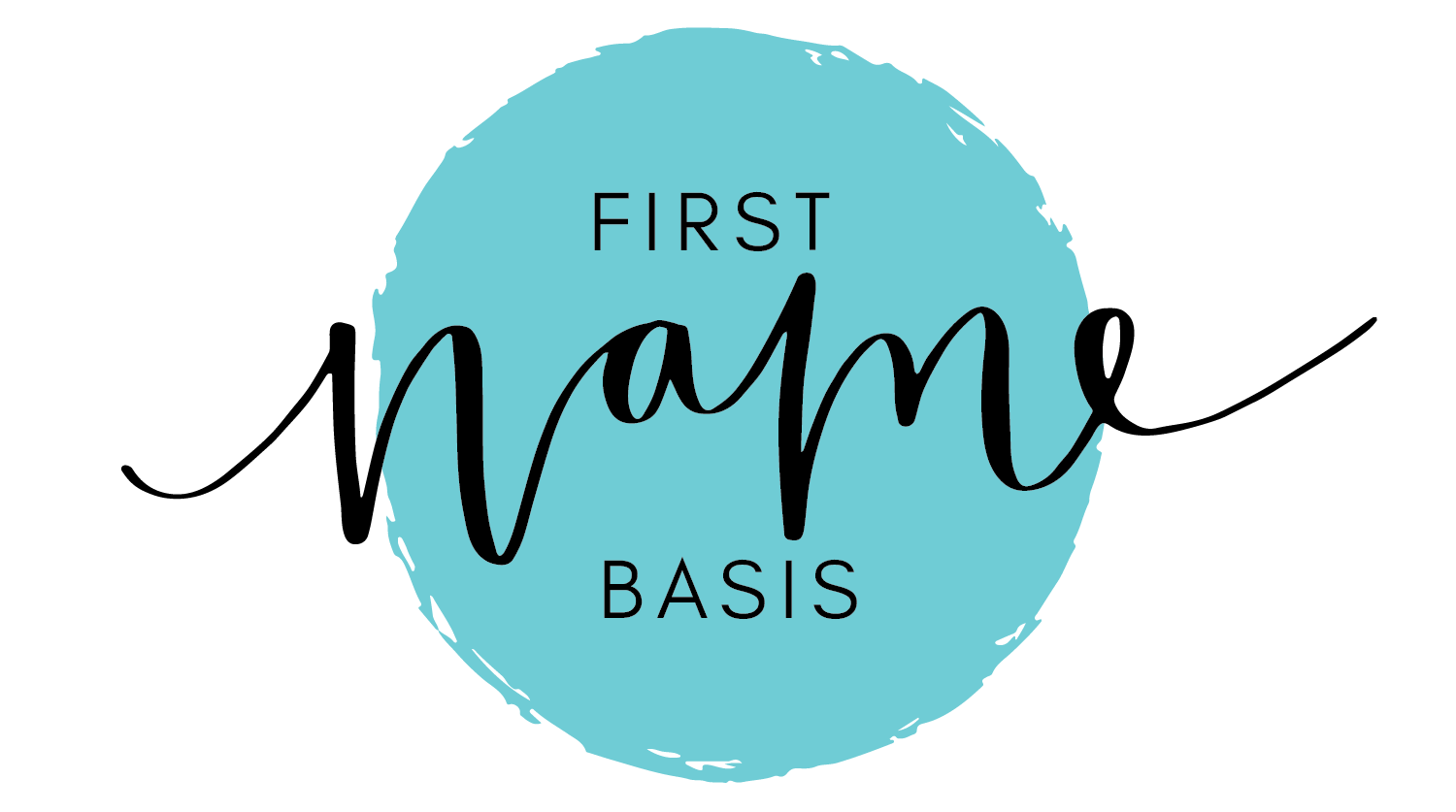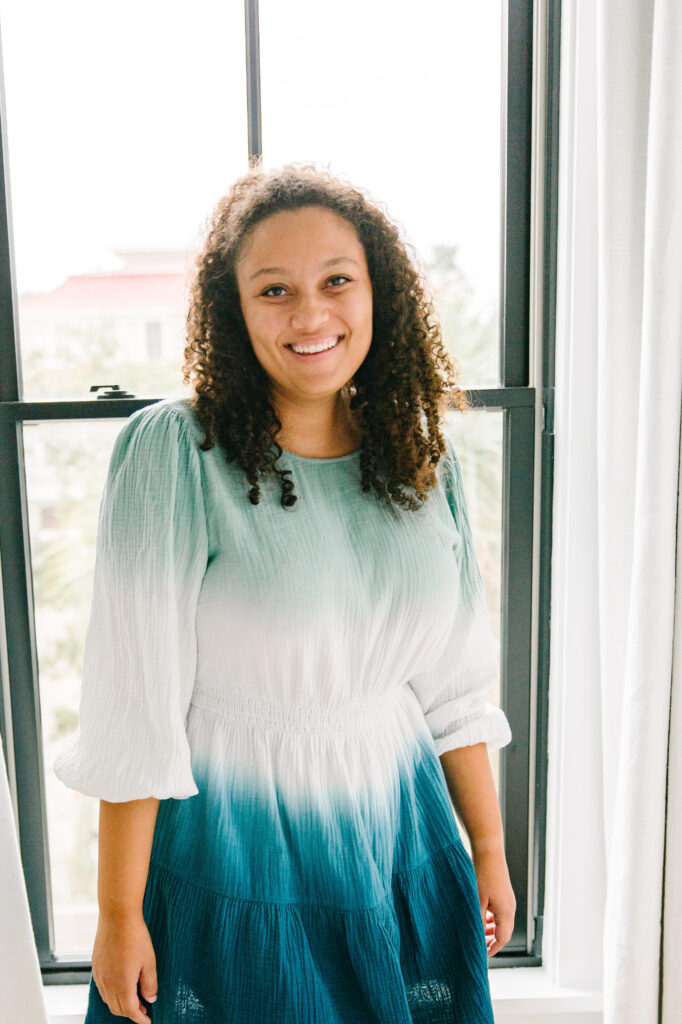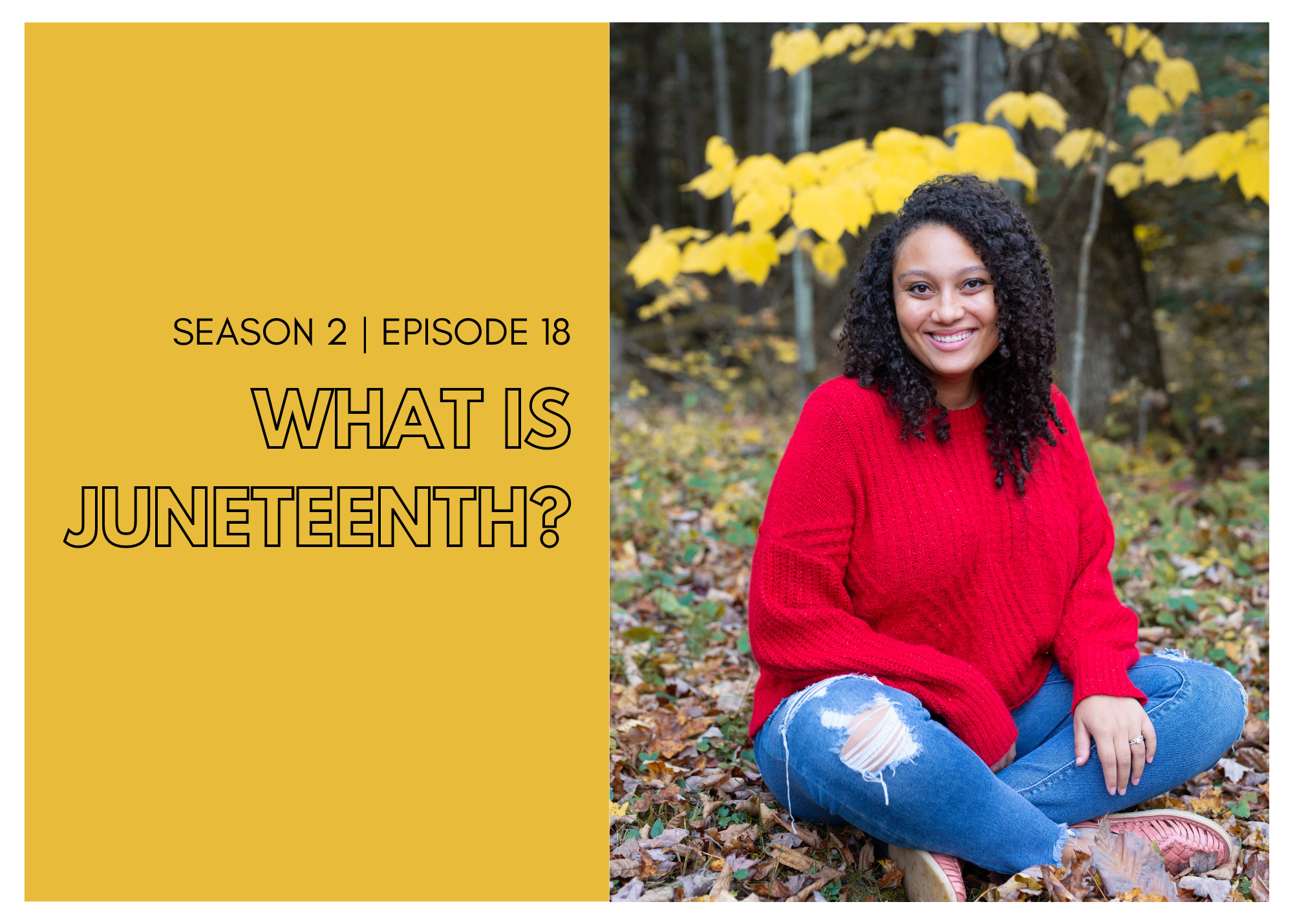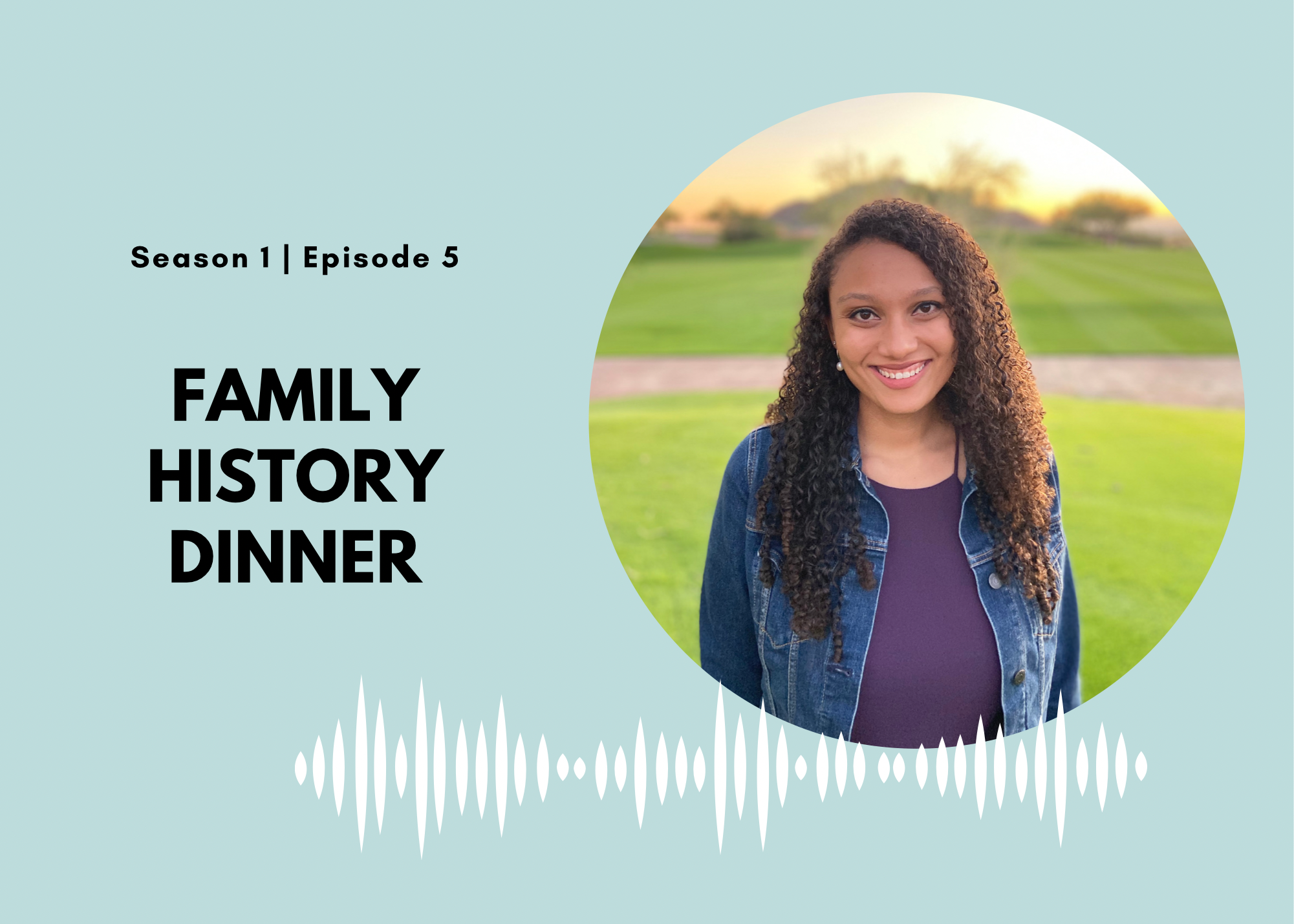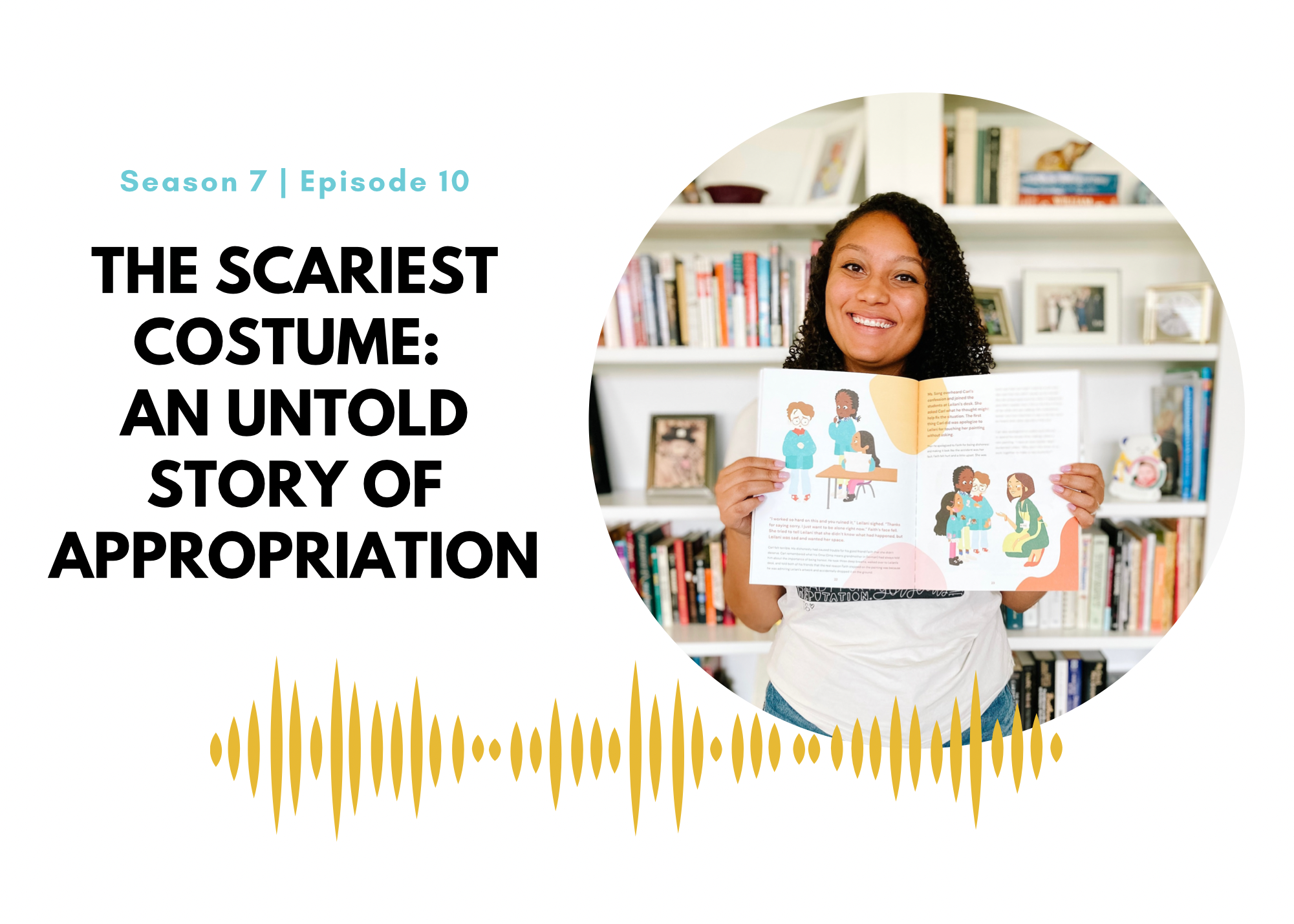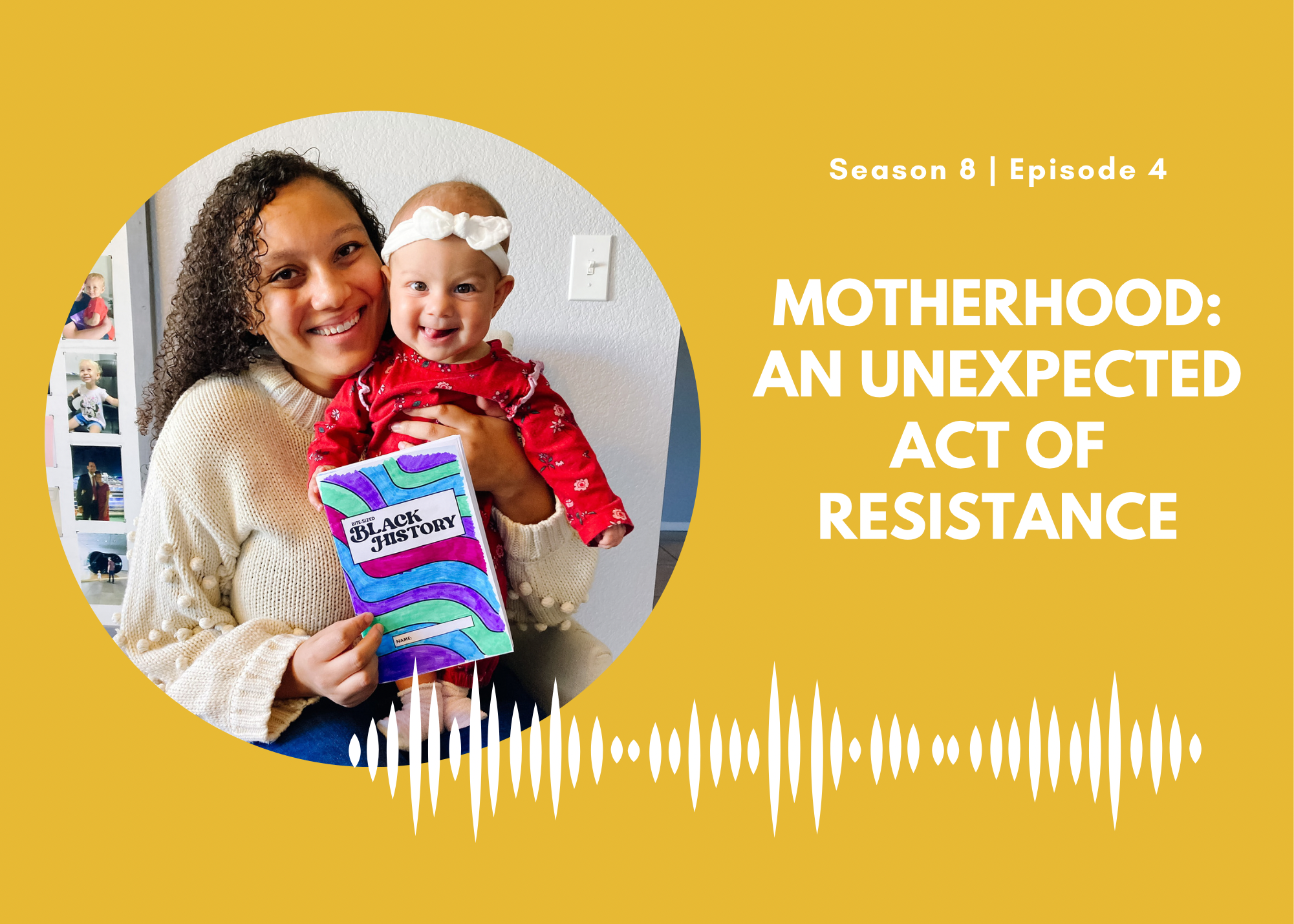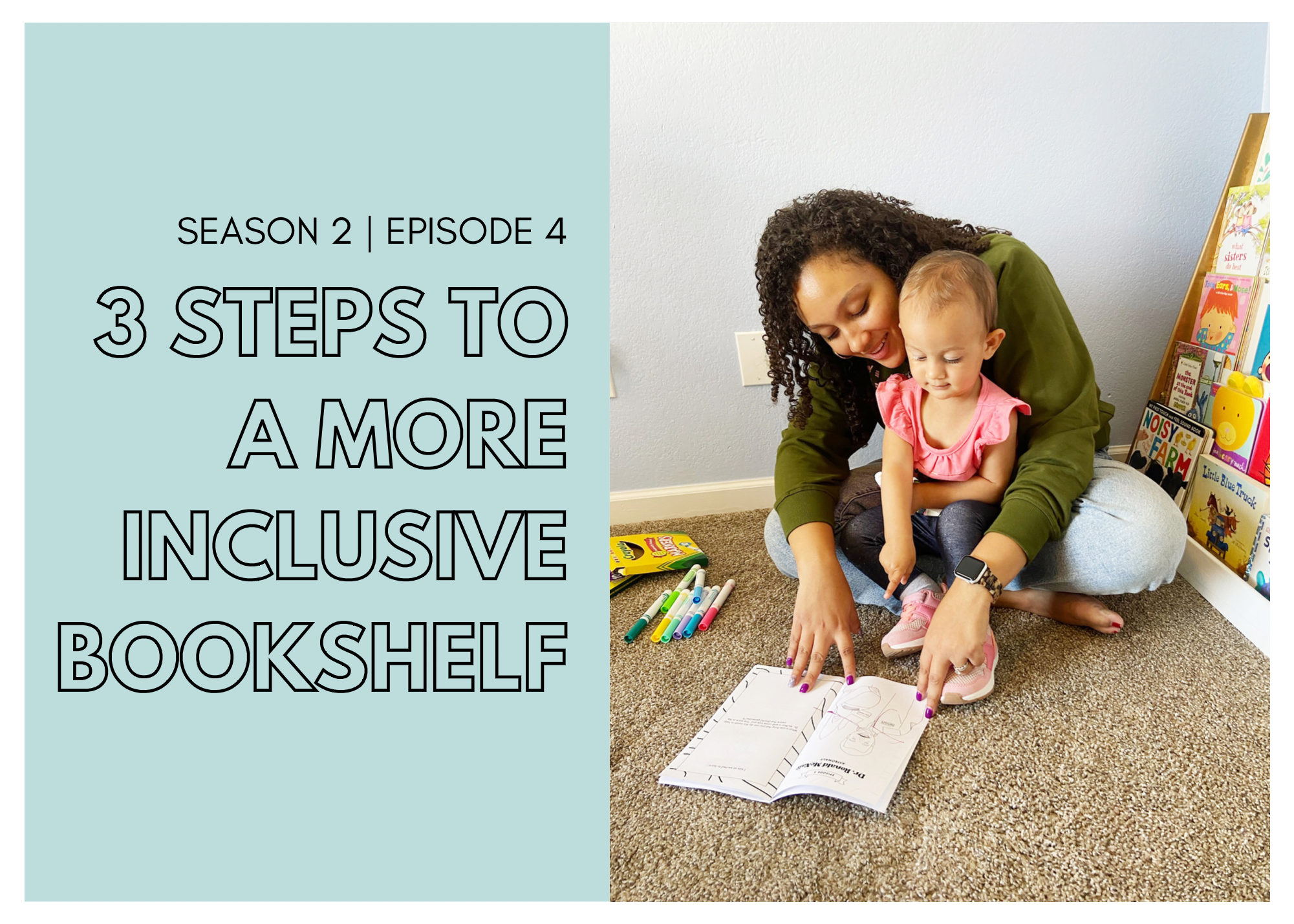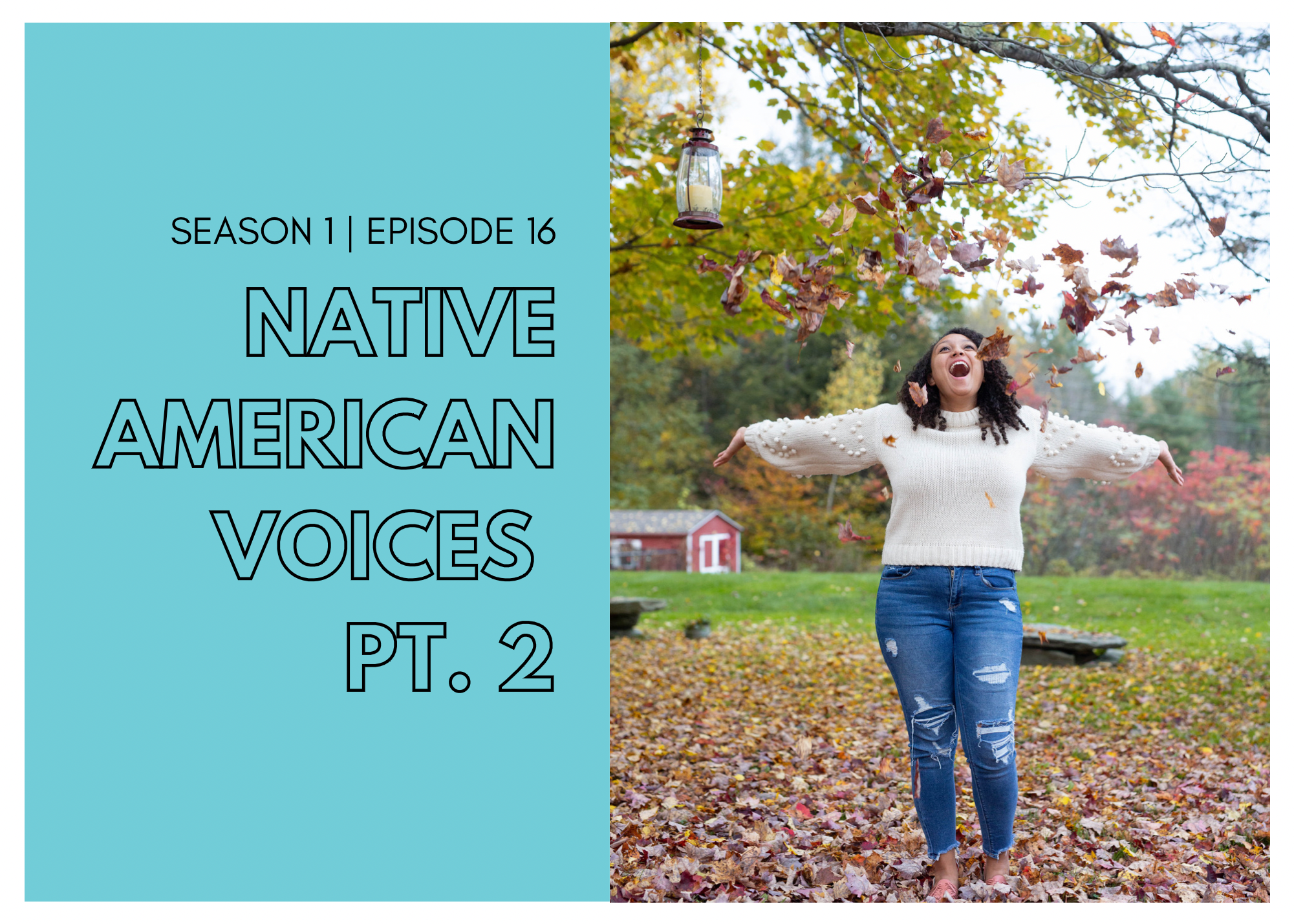Black and Brown Emojis Are Not a Punch Line
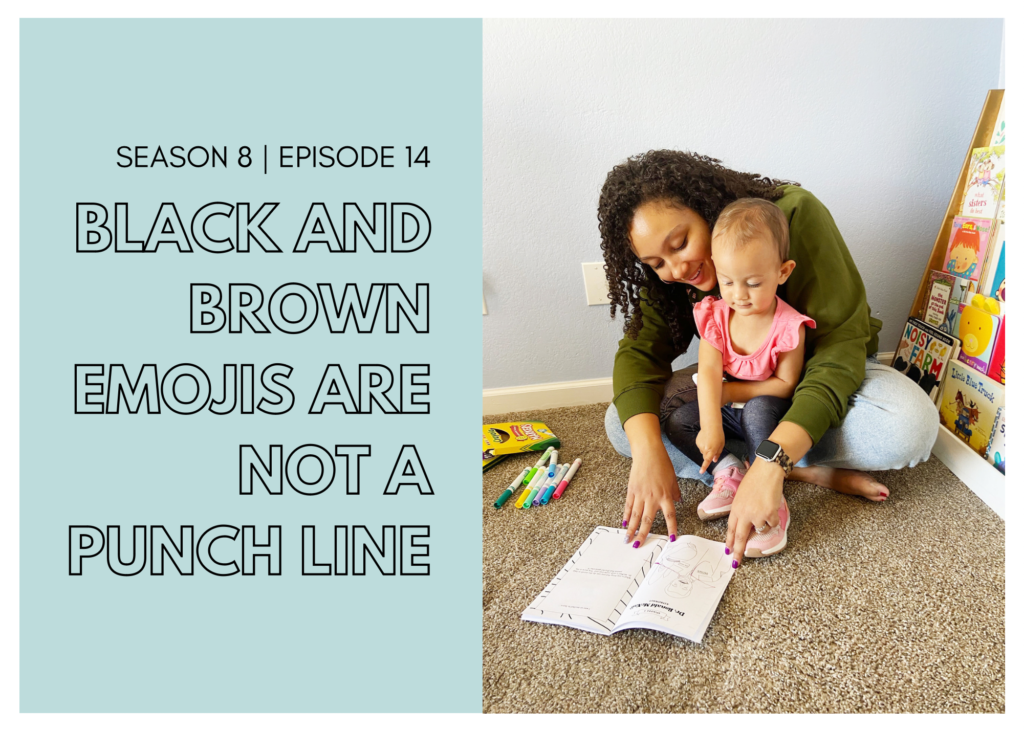
This episode can be summarized with one sentence: Please stop using Black and Brown emojis if you are not Black or Brown.
Skin color is something that should be celebrated, not laughed at, but I have seen people using emojis that don’t match their skin tone time and time again.
I think a lot of the time people aren’t intentionally trying to do something racist, but when you peel back the layers you realize that the only reason why doing this could be funny is because of racism, and racism is not funny. And, like we talk about all the time, the IMPACT of an action always outweighs the INTENT.
In this episode, we’ll look at:
- A brief look at what digital blackface is.
- An explanation on why using Black and Brown emojis as a joke is harmful.
- How you can respond when you see people misusing Black and Brown emojis.
Invite Jasmine to work with your school!
Are you a parent or teacher who wants to help your school turn good intentions into positive action by making anti-racist education a priority? First Name Basis is here to help!
Jasmine Bradshaw, the host and founder of the First Name Basis Podcast, is an anti-racist educator and former second-grade teacher who has a passion for helping schools make real change. From providing professional development for teachers to curriculum consulting to implementing her unique anti-racist resources, Jasmine is your go-to anti-bias and anti-racist education resource.
Email hello@firstnamebasis.org or click the button below for more information!
Articles, Studies & Podcasts Referenced in the Episode
“Blackface has resurged in the internet age. And you might be part of the problem,” by Tor Haugan, Berkeley Library
“What Is Digital Blackface? Experts Explain Why The Social Media Practice Is Problematic,” by Madeline Howard, Women’s Health
“Digital Blackface: How 21st Century Internet Language Reinforces Racism” by Erinn Wong
Song credit: “Clapping Music” by BrightestAvenue and “Sunshine” by lemonmusicstudio
